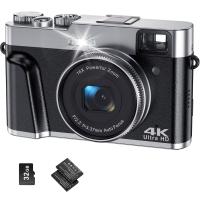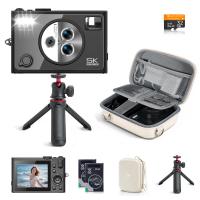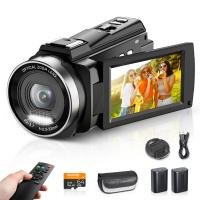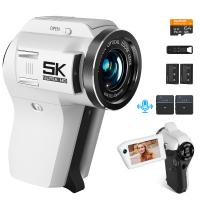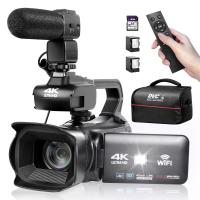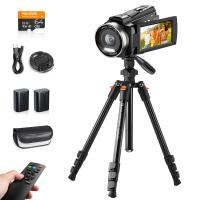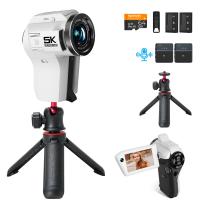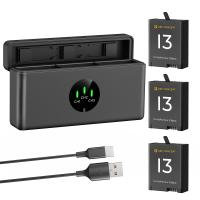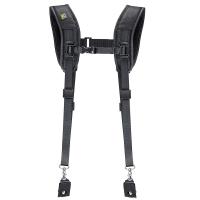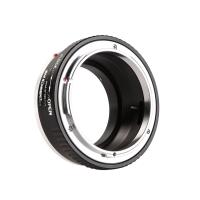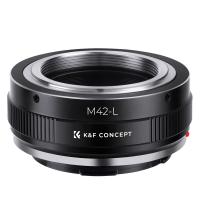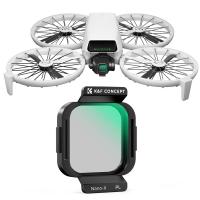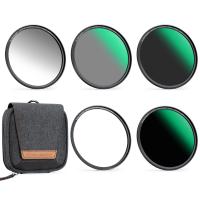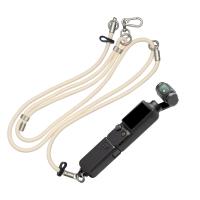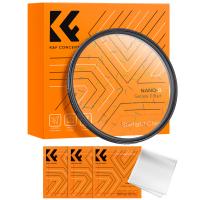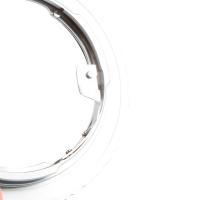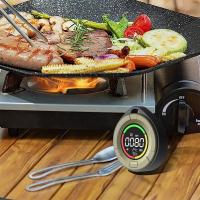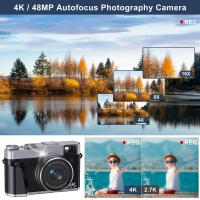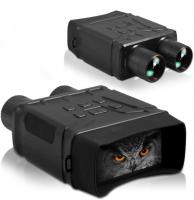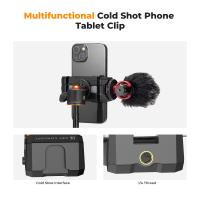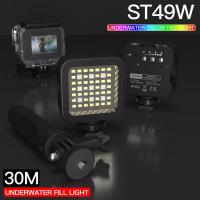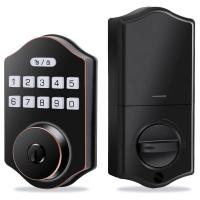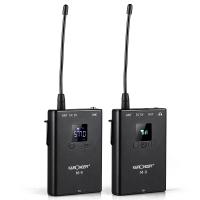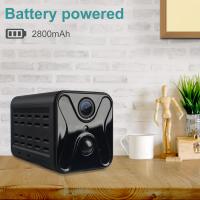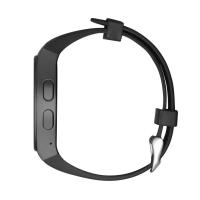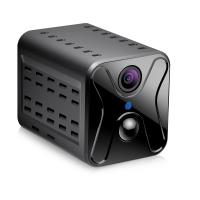Where To Get Camera Batteries?
When it comes to finding camera batteries, you have several options, depending on the type of camera you own, your budget, and how quickly you need the battery. But navigating the market for camera batteries can sometimes feel overwhelming, especially if you're not sure where to begin. In this post, we’ll explore your best options for purchasing camera batteries, offer tips to avoid common mistakes, and provide insights into choosing a battery that suits your photography needs.
1. Manufacturer’s Official Website or Retail Store
For guaranteed compatibility and quality, the official brand of your camera is the best place to start. For instance, if you’re using a Canon, Nikon, Sony, Fujifilm, or Panasonic camera, their official websites or their authorized retailers will stock the correct batteries for your model.
Why Choose the Manufacturer?
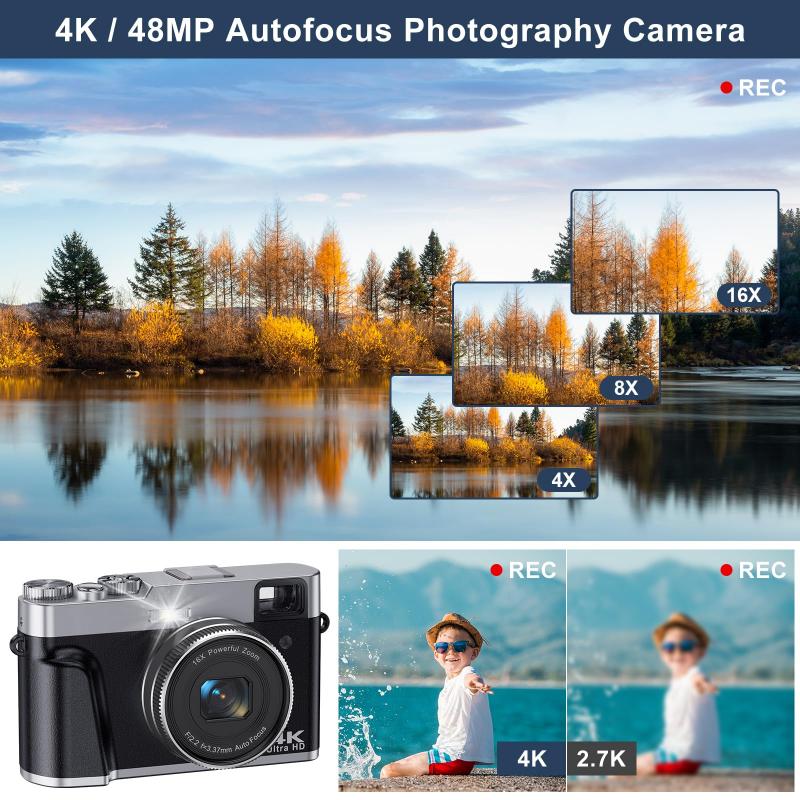
Official camera batteries often come with several perks:
- They are designed specifically for your camera, ensuring maximum compatibility and performance.
- They typically come with warranties, giving you peace of mind about defects or malfunctions.
- Manufacturer batteries typically integrate seamlessly with your camera’s internal battery monitoring, resulting in accurate charge indicators on your screen.
What You Should Know:

While these batteries are often considered the “gold standard,” they come at a higher price than alternatives. For budget-conscious photographers, this could be a limiting factor.
How to Buy from the Manufacturer:

You can visit the official brand's website or authorized retail stores (online or physical) to place an order. Popular retailers like Best Buy or specialized photography stores often stock original batteries as well.
---
2. Online Marketplaces
If you’re looking for convenience or want to shop around for deals, online marketplaces such as Amazon, B&H Photo Video, and Adorama are excellent platforms to explore. These websites offer a vast selection of both original manufacturer batteries and third-party alternatives.
Benefits of Shopping on Marketplaces:

- Variety: Online marketplaces are unique in that they allow you to browse across multiple brands and models, all in one place.
- Customer Reviews: The reviews and ratings from other photographers can help you gauge the longevity and reliability of a battery.
- Price Comparison: You can often find competitive prices by comparing different sellers.
Cautionary Tips:
While online marketplaces offer convenience, they also come with risks—mainly counterfeit products. When purchasing from sites like Amazon, always buy from reputable sellers or directly from the brand’s verified store on the platform. Counterfeit camera batteries can not only underperform but may also damage your camera or even pose a safety risk.
---
3. Local Photography and Electronic Stores
For photographers who value in-person shopping, local photography-focused stores are an excellent resource. Major electronic retailers, such as Best Buy or Micro Center, often stock a selection of batteries. Specialty photography shops are also a good choice if you’re looking for advice from experts who understand the nuances of camera gear.
Advantages of Buying Locally:
- Instant Gratification: No need to wait for shipping.
- Expert Advice: Camera store professionals can recommend the best batteries for your specific needs.
- Hands-On Verification: You’ll be able to see the product, confirm it matches your camera model, and validate it is an original or high-quality third-party battery.
Where This Falls Short:
Local stores sometimes carry a limited inventory, especially for older or less common camera models. Prices may also be slightly higher compared to online alternatives.
---
4. Third-Party Battery Brands
If you’re looking for a more affordable option than the manufacturer’s official battery, there are numerous third-party camera battery brands that offer compatible alternatives. Brands like Wasabi Power, Watson, and Neewer are known for producing reliable batteries at a fraction of the cost.
Why Consider Third-Party Batteries?
- Affordability: Third-party batteries are generally much cheaper, making them economically attractive for photographers who need multiple spares.
- Wider Availability: On platforms like Amazon or B&H, third-party batteries are widely available and can often be shipped quickly.
Important Considerations:
While third-party batteries are great for many use cases, they aren’t always as reliable or durable as official batteries. Some may not hold a charge as long or integrate with your camera’s battery indicator fully. Moreover, choosing poorly made third-party batteries could increase the risk of overheating or potential damage to your device.
Tips for Buying Third-Party Batteries:
- Look for trusted, highly-rated brands with a good reputation in the photography community.
- Check online reviews and forum discussions to see which third-party brands are recommended for your specific camera model.
- Always avoid suspiciously cheap options, as they could be lower quality or counterfeit products.
---
5. Second-Hand Markets
If you’re on an especially tight budget or need a discontinued battery for an older camera, second-hand markets are worth exploring. Websites like eBay, Facebook Marketplace, and local classified platforms can connect you with individuals selling camera batteries.
Benefits of Buying Used Batteries:
- Potentially lower costs than both manufacturer and third-party options.
- An opportunity to find rare or discontinued batteries, which might not be available through official or retail channels.
Risks of Buying Used:
Buying a used battery is a gamble—it’s hard to know how much life it has left. Batteries degrade over time, and one purchased second-hand may not hold a charge as expected. Furthermore, warranties and monetary guarantees are often non-existent.
How to Mitigate Risks:
When purchasing second-hand batteries, always ask the seller about the battery’s condition and request evidence (e.g., photos or videos of it in use). Stick to platforms that offer buyer protection, like eBay.
---
6. Specialty Businesses and Distributors
For professionals working in niche areas of photography or cinematography, specialty distributors that cater to specific battery needs might be necessary. These businesses often stock unique battery models for high-end cameras or rigs, and they sometimes also custom-build rechargeable power solutions for complex workflows.
When to Choose Specialty Distributors:
Photographers or videographers working with ultra-high-end cameras (like RED or ARRI models) may need to purchase batteries from certain specialty shops. These options usually fall outside general marketplaces and require contacting distributors directly.
---
Tips for Maximizing Battery Performance
Once you’ve purchased a battery, proper care and usage can extend its lifespan. Here are some tips to keep your camera battery healthy:
1. Store Batteries Properly: Avoid exposing your battery to extreme heat or cold. Keep them in a dry environment when not in use.
2. Avoid Overcharging: While most camera batteries are designed to stop charging automatically when full, it’s better safe than sorry. Remove the battery once fully charged.
3. Carry Spares: Even with long-lasting batteries, having extras on hand allows you to shoot without interruptions, especially during important events or long trips.
4. Maintain a Charging Cycle: If you’re not using your camera frequently, make sure to charge the battery every couple of months to prevent it from losing its capacity over time.
---
In Summary
Finding the right camera battery can have a direct impact on your photography experience. Whether you choose to buy from the manufacturer, third-party suppliers, or online marketplaces, it is crucial to ensure compatibility, reliability, and safety. Manufacturer batteries may cost more but offer peace of mind, while third-party batteries cater to budget-conscious users. Local stores and online platforms both provide distinct advantages, depending on your preferences.
No matter where you buy, always purchase from a trustworthy source. A reliable camera battery not only keeps your shoots running smoothly but also safeguards the functionality of your equipment. By following the advice shared in this post, you’ll never find yourself without the power you need to capture the perfect shot. Happy shooting!

